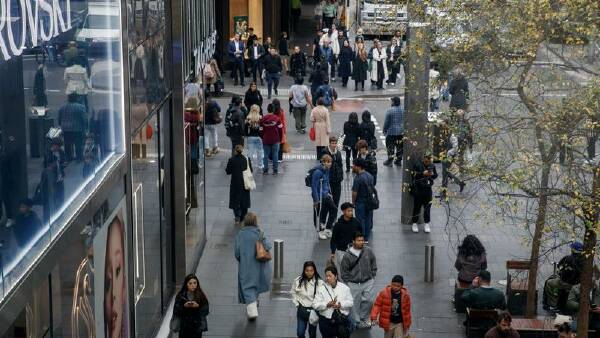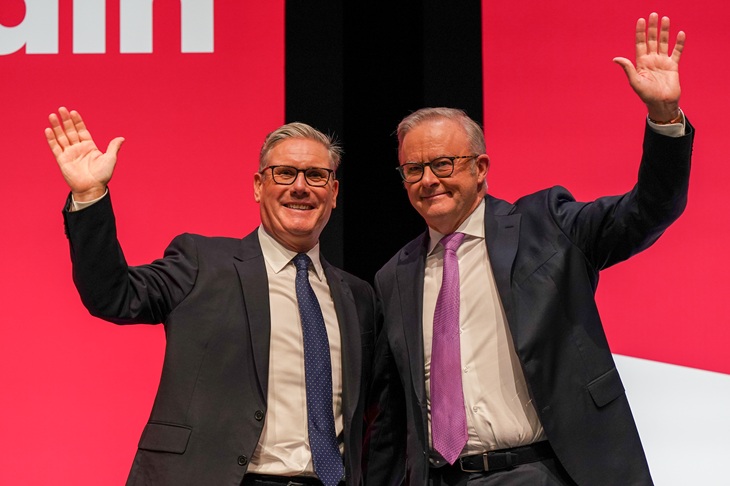
The Reserve Bank of Australia (RBA) has decided to maintain the cash interest rate at 3.85 percent, disappointing many borrowers who had anticipated a 25 basis point cut. This decision, announced following the RBA’s latest monetary policy meeting, reflects a cautious approach as the central bank awaits further evidence of easing inflation rates.
On July 4, 2023, the RBA’s board opted not to lower rates, despite widespread expectations from financial markets and economists. Treasurer Jim Chalmers acknowledged the disappointment felt by millions of Australians hoping for relief. He emphasized that the nation should take pride in its economic stability compared to other countries, stating, “We haven’t paid for progress on inflation with much higher unemployment – that’s a good thing.”
Interest rates have already been reduced twice this year as inflation showed signs of declining. The RBA has shifted its focus towards fostering economic growth and job market resilience. In a statement, RBA Governor Michele Bullock recognized that many households with mortgages were eager for another rate cut but stressed the importance of not jeopardizing the fight against inflation. “I’m also really conscious that we don’t want to end up having to fight inflation again,” Bullock said.
Reactions from various sectors reflect the mixed sentiments surrounding the RBA’s decision. The Australian Retailers Association described the decision as a “missed opportunity” to enhance the outlook for a sector that supports one in ten Australian jobs. Chief Executive Chris Rodwell remarked on the ongoing pressures from weak consumer spending and high business costs.
The Real Estate Institute of Australia also voiced concerns, with President Leanne Pilkington highlighting the impact of high borrowing costs on first-time home buyers. “We understand the RBA’s priority is returning inflation to its target band, but this needs to be balanced against the risk of further dampening housing demand and locking first home buyers out of the market,” she stated.
Federal Housing Minister Clare O’Neil acknowledged the disappointment but asserted that the RBA remains committed to future rate cuts. “The RBA told us yesterday that this is about pace, not direction,” she explained. O’Neil noted that the central bank had already made two cuts this year and indicated a cautious path forward.
During the two-day monetary policy meeting, Bullock expressed empathy for young Australians aspiring to enter the housing market, but she also pointed out that interest rates are not the sole barrier to home ownership. “In fact, I’ve heard criticisms that we shouldn’t lower interest rates because housing prices will go up,” she noted. This complexity highlights the challenge of balancing rate adjustments with broader economic impacts.
Further insights into the RBA’s decision are expected to emerge from a public speech by Deputy Governor Andrew Hauser on July 5, 2023, scheduled at the Australian Conference of Economists in Sydney. The central bank’s cautious stance reflects the ongoing uncertainty in the economic landscape as it navigates the delicate balance between inflation control and growth support.
As the situation develops, stakeholders across Australia are watching closely, hopeful for a shift that may provide relief to borrowers and stimulate economic activity.







